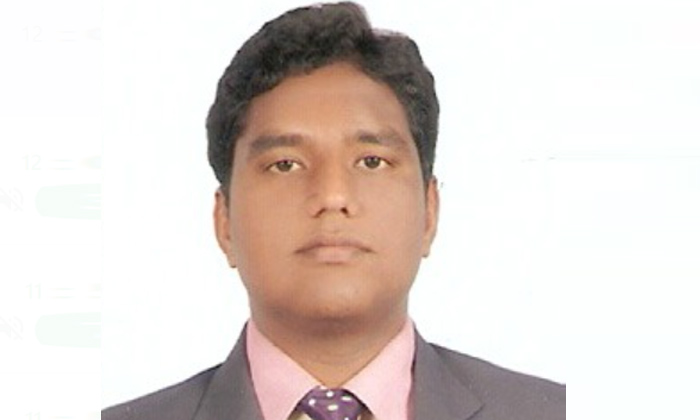The Supreme Court on Tuesday, 3 October, directed the Andhra Pradesh government to file a compilation of all the documents/material presented before the state high court while hearing TDP chief Nara Chandrababu Naidu’s plea for quashing the FIR in the alleged ₹370 crore Andhra Pradesh State Skill Development Corporation (APSSDC) scam.
Posting the matter for hearing on 9 October, a bench comprising Justice Aniruddha Bose and Justice Bela M Trivedi said, “The state of Andhra Pradesh which is caveator, shall file a compilation of documents that were before the high court” while hearing Chandrababu Naidu’s plea for the quashing of the FIR.
No interference in ACB Court hearing The bench refused to interfere with the Anti-Corruption Bureau (ACB) Court hearing on 4 October relating to the bail plea by Naidu and the custody plea by the state Crime Investigation Department (CID).The court also did not grant any relief requested by Naidu’s lawyers.
Issuing a notice to the Andhra Pradesh government on Naidu’s plea for the quashing of the FIR, the bench did not give any relief to the former chief minister.
As senior advocate Sidharth Luthra, appearing for Naidu, said that they too want to file some documents, the bench said that both sides could exchange the document for filing a common compilation, which could make the hearing easier.
Andhra Pradesh Advocate General S Sriram appeared for the state government.
The bone of contention by the senior lawyers — Harish Salve, Abhishek Manu Singhvi, and Sidharth Luthra, appearing for Chandrababu Naidu — was that no FIR could be registered against Naidu without the sanction of the state’s Governor.
They said that the alleged offence against him occurred when he was the chief minister and relates to decisions he took in the discharge of his official duties/functions.
PCA Section 17A in focus
Both sides cited material to suggest that Naidu was entitled or not entitled to the shield of Section 17A of the Prevention of Corruption Act (PCA), 1988, which provides for the prior sanction of the Governor before launching an inquiry or investigation against him in the alleged APSSDC cam.
Both Salve and Singhvi relied upon Section 17A of the PCA, stating that no inquiry or investigation against a public servant (chief minister in the instant case), in respect of an alleged offence relatable to a decision taken by a public servant in discharge of his official functions or duties, could be carried out without the approval of the competent authority.
Describing the registration of FIR, investigation and the arrest of Naidu as “regime revenge”, “political act”, “illegal” and “ruth and ranch”, senior advocate Harish Salve said that the former chief minister too had a right even as an accused and could not be investigated without prior sanction by Governor under Section 17A of the PCA and it was a matter of procedure that had to be followed.
As Salve referred to Section 17A of the PCA, Justice Trivedi said that Section 17A was inserted in July 2018 — suggesting how the shield of Section 17A was available to Naidu.
Salve said that Section 17A of the PCA comes into play not from the date an alleged offence was committed but from the date “enquiry, inquiry or investigation” commences and in the instant case the FIR was registered on 9 December, 2021.
ACB court hearing
After hearing the arguments by the CID’s and Naidu’s counsels on 27 September, the ACB court deferred the date of pronouncing its order to 4 October.
The ACB court had adjourned the hearing of two petitions — one by Naidu seeking bail and the other by Andhra Pradesh CID seeking Naidu’s custody for five days.
The court will complete the hearing of arguments of prosecution and defence counsels on the same day and pass on order on the police custody petition and Naidu’s bail plea.The prosecution argued that Naidu did not cooperate during his two-day police custody that concluded on Sunday.
It also opined that it would pass an order on 4 October, regardless of the arguments.
Naidu was arrested on 9 September, for allegedly misappropriating funds from the Skill Development Corporation, which resulted in a purported loss of ₹371 crore to the state exchequer.







